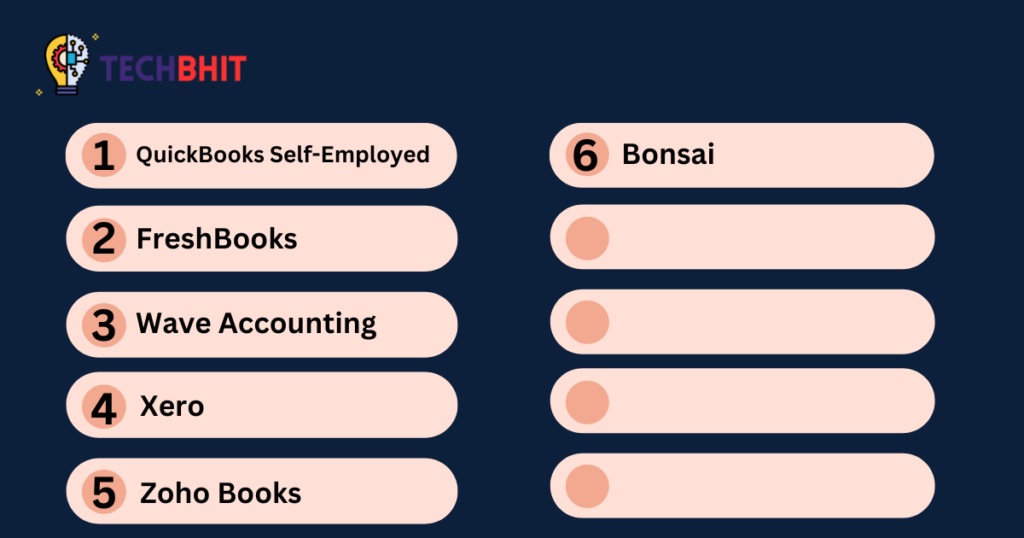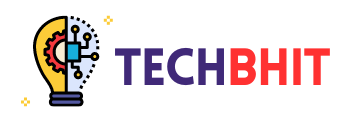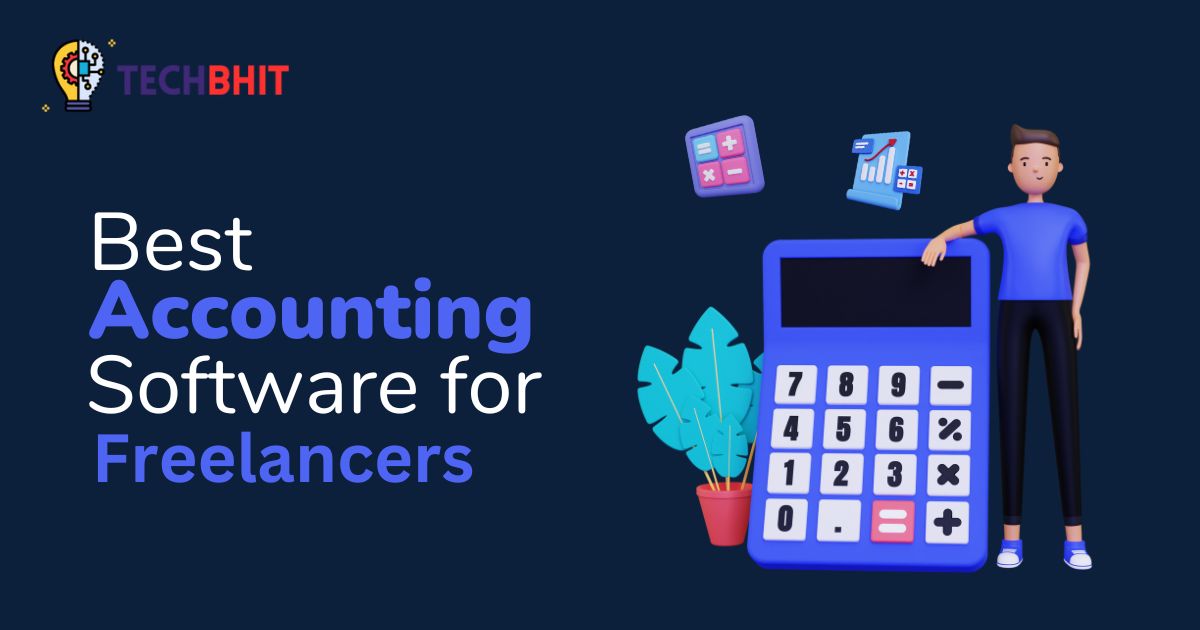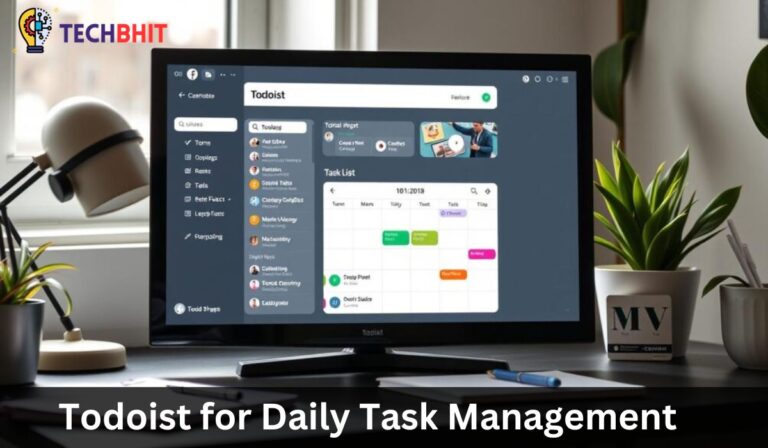As a freelancer, managing your finances is one of the most critical, yet time-consuming, aspects of your business. Invoices, expenses, taxes, and financial reports are all essential for staying on top of your income and ensuring compliance with tax laws. Fortunately, accounting software has evolved to meet the specific needs of freelancers, offering tools to streamline bookkeeping and financial management.
In this article, we’ll explore some of the best accounting software for freelancers. We’ll cover their key features, pricing, and why they might be the right fit for your freelancing business.
Why Freelancers Need Accounting Software
Freelancers often juggle multiple clients, projects, and income streams. Unlike traditional employees, freelancers are responsible for managing everything from invoicing to tax payments. This makes accounting software an invaluable tool to:
- Save Time: Automating tasks like invoicing, expense tracking, and generating financial reports allows you to focus on what you do best—your work.
- Avoid Errors: Manual bookkeeping increases the risk of errors. Accounting software helps reduce mistakes by automating calculations and processes.
- Tax Compliance: Freelancers need to file taxes and stay compliant with tax laws. The right accounting software can help track tax-deductible expenses, calculate tax payments, and even generate tax reports.
- Professionalism: Sending well-designed invoices and keeping clean financial records improves your business image and builds trust with clients.
Let’s dive into some of the best accounting software solutions specifically suited for freelancers.

1. QuickBooks Self-Employed
QuickBooks Self-Employed is a popular choice among freelancers due to its user-friendly interface and comprehensive set of features tailored to solo entrepreneurs. This software focuses on tracking income and expenses, calculating quarterly taxes, and simplifying tax filing for freelancers.
Key Features
- Income and Expense Tracking: QuickBooks automatically tracks expenses and income from connected bank accounts and credit cards.
- Mileage Tracking: Perfect for freelancers who travel, QuickBooks Self-Employed comes with a mobile app that logs mileage using GPS.
- Tax Deductions: The software categorizes expenses and identifies potential tax deductions, saving you time during tax season.
- Invoicing: Create and send invoices directly from the platform, and track when they are viewed and paid.
- Quarterly Tax Estimates: QuickBooks calculates your quarterly tax payments, helping you avoid underpayment penalties.
Pricing
QuickBooks Self-Employed starts at $15 per month. If you opt for the TurboTax bundle, which includes seamless tax filing, it’s available for $25 per month.
Pros
- Easy to use for freelancers with no prior accounting experience.
- Automatic tax calculations and tracking make it ideal for U.S.-based freelancers.
- Mobile app with mileage tracking.
Cons
- Limited scalability; as your business grows, you may outgrow the features of QuickBooks Self-Employed.
2. FreshBooks
FreshBooks is an all-in-one accounting software solution designed for freelancers and small business owners. It’s known for its user-friendly interface, customizable invoices, and strong customer support. If you’re looking for software that handles more than just basic accounting, FreshBooks might be a great option.
Key Features
- Time Tracking: FreshBooks allows you to track time for individual projects, ensuring accurate invoicing based on billable hours.
- Customizable Invoices: You can create highly professional, branded invoices with ease. FreshBooks also offers recurring invoicing for ongoing projects.
- Expense Management: Track expenses and attach receipts to transactions for easy bookkeeping.
- Payment Processing: FreshBooks integrates with payment platforms like Stripe and PayPal, enabling clients to pay invoices directly online.
- Financial Reports: Generate detailed profit and loss statements, expense reports, and tax summaries.
Pricing
FreshBooks offers several pricing tiers, starting at $17 per month for the “Lite” plan, which includes up to 5 clients. The “Plus” plan, at $30 per month, allows you to manage up to 50 clients.
Pros
- Excellent for freelancers who need time tracking and project-based invoicing.
- Flexible invoicing options and support for recurring payments.
- Great customer service and easy-to-use mobile app.
Cons
- Limited number of clients with lower-tier plans.
- Some features, like double-entry accounting, are better suited for small businesses than solo freelancers.
pricing tiers, starting at $17 per month for the “Lite” plan, which includes up to 5 clients. The “Plus” plan, at $30 per month, allows you to manage up to 50 clients.
3. Wave Accounting
Wave is a completely free accounting software that offers essential accounting features for freelancers. It’s a great choice if you’re just starting out or prefer not to invest in paid accounting software. Despite being free, Wave doesn’t skimp on essential features like invoicing, expense tracking, and financial reporting.
Key Features
- Invoicing: Wave allows you to create unlimited professional invoices, track payments, and send reminders to clients.
- Expense Tracking: Connect your bank accounts and credit cards to automatically import and categorize your transactions.
- Receipts Scanning: Upload receipts directly into Wave via the mobile app to ensure all your expenses are accounted for.
- Accounting Reports: Generate reports like profit and loss, balance sheets, and cash flow statements, which are crucial for financial analysis.
- Payroll Integration: If you need to pay contractors or employees, Wave offers a paid payroll service integrated with its free accounting tools.
Pricing
Wave’s accounting and invoicing tools are 100% free. However, payment processing fees (2.9% + $0.30 per transaction) and payroll services ($20-$35 per month) incur costs.
Pros
- Completely free accounting and invoicing software.
- Offers robust features without subscription fees.
- Easy to use, even for beginners.
Cons
- Limited integrations with other software tools.
- Customer support is only available via email for free users.
4. Xero
Xero is a cloud-based accounting software popular for its scalability and comprehensive features. While it’s more expensive than some options, it’s ideal for freelancers looking to grow their business or those who manage complex finances. Xero’s extensive range of features includes inventory management, payroll integration, and multi-currency accounting.
Key Features
- Expense Management: Xero tracks all your expenses in real-time, helping you categorize them correctly for tax purposes.
- Invoice Customization: Create and send unlimited invoices. Xero also offers templates for recurring invoices.
- Bank Reconciliation: Easily reconcile your bank transactions with your accounting records to ensure accuracy.
- Multi-Currency Support: Xero’s multi-currency feature is perfect for freelancers who work with international clients.
- Integration with 800+ Apps: Xero integrates with a wide range of third-party tools, making it one of the most versatile accounting software options.
Pricing
Xero starts at $13 per month for the “Starter” plan, which limits the number of invoices and transactions you can manage. For freelancers handling more invoices, the “Growing” plan at $37 per month is ideal.
Pros
- Scalable for freelancers planning to expand their business.
- Excellent bank reconciliation features.
- Comprehensive reports and multi-currency support.
Cons
- Can be overwhelming for freelancers with simple accounting needs.
- Higher price point compared to other freelancer-specific tools.
5. Zoho Books
Zoho Books is part of the Zoho suite of business tools, making it a great option if you already use other Zoho products like Zoho CRM. It offers an affordable, comprehensive accounting solution for freelancers, complete with invoicing, expense tracking, and financial reporting.
Key Features
- Automated Workflows: Zoho Books allows you to automate repetitive tasks like invoice reminders and payment follow-ups.
- Client Portal: Clients can log in to view invoices and make payments, enhancing your professional image.
- Bank Reconciliation: Automatically reconcile your transactions and categorize them for easy bookkeeping.
- Multi-Project Tracking: If you manage multiple projects, Zoho Books lets you track income and expenses separately for each one.
- Inventory Tracking: Zoho Books also includes basic inventory management features for freelancers selling products.
Pricing
Zoho Books offers competitive pricing starting at $15 per month for the “Basic” plan. For freelancers with more complex needs, the “Standard” plan at $40 per month supports up to 10 users and includes more advanced features.
Pros
- Affordable pricing with extensive features.
- Seamless integration with other Zoho apps.
- Flexible automation and workflow features.
Cons
- Learning curve for beginners unfamiliar with the Zoho ecosystem.
- Limited support for freelancers managing international transactions.
6. Bonsai
Bonsai is an all-in-one platform designed specifically for freelancers. It offers everything from contract creation to invoicing, time tracking, and accounting. Bonsai’s focus on freelancers makes it an ideal choice if you want a single tool to handle both your finances and project management.
Key Features
- Invoice and Proposal Templates: Create professional invoices and proposals with Bonsai’s easy-to-use templates.
- Time Tracking and Project Management: Track your work hours and project progress directly in the platform, ensuring accurate invoicing.
- Expense Tracking: Log expenses and attach receipts, making it easier to manage your business finances.
- Tax Filing: Bonsai offers tax assistance by helping you track deductible expenses and estimate your quarterly tax payments.
Pricing
Bonsai offers a simple pricing structure starting at $17 per month for its basic plan. There’s also a “Workflow” plan at $32 per month, which includes additional features like subcontractor management.
Pros
- Tailored specifically for freelancers.
- Combines project management and accounting in one platform.
- Clean, intuitive interface.
Cons
- Limited accounting features compared to more robust platforms like Xero or QuickBooks.
- More expensive than some alternatives for basic accounting.
How to Choose the Right Accounting Software for Freelancers
1. Assess Your Needs
- Invoicing and Payments: If invoicing is your main concern, look for software like FreshBooks or Wave that excels in creating and managing invoices.
- Tax Management: For tax compliance, QuickBooks Self-Employed or Bonsai offers built-in tax estimation tools.
- Scalability: Freelancers planning to scale their business might prefer tools like Xero or Zoho Books, which offer more advanced features and integrations.
2. Consider Your Budget
Free options like Wave are ideal for budget-conscious freelancers, while premium software like Xero or QuickBooks may be worth the investment for those needing more comprehensive features.
3. Look for Ease of Use
Freelancers often don’t have the time or resources to learn complex software. Choose a platform with an intuitive interface, especially if you have no prior accounting experience.
Conclusion
Managing your finances is crucial as a freelancer, and the right accounting software can save you time, reduce stress, and help you stay compliant with tax regulations. Whether you’re looking for free tools like Wave or more robust solutions like Xero, there’s an option out there for every freelancer. Evaluate your needs, budget, and future business growth to select the best accounting software for your freelancing business.




